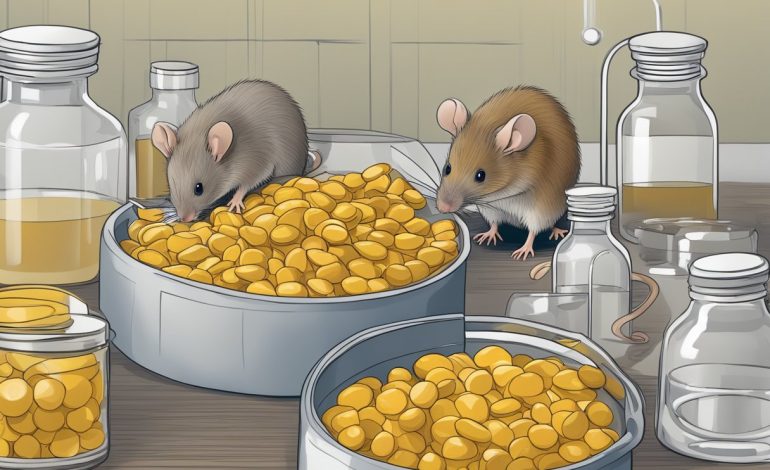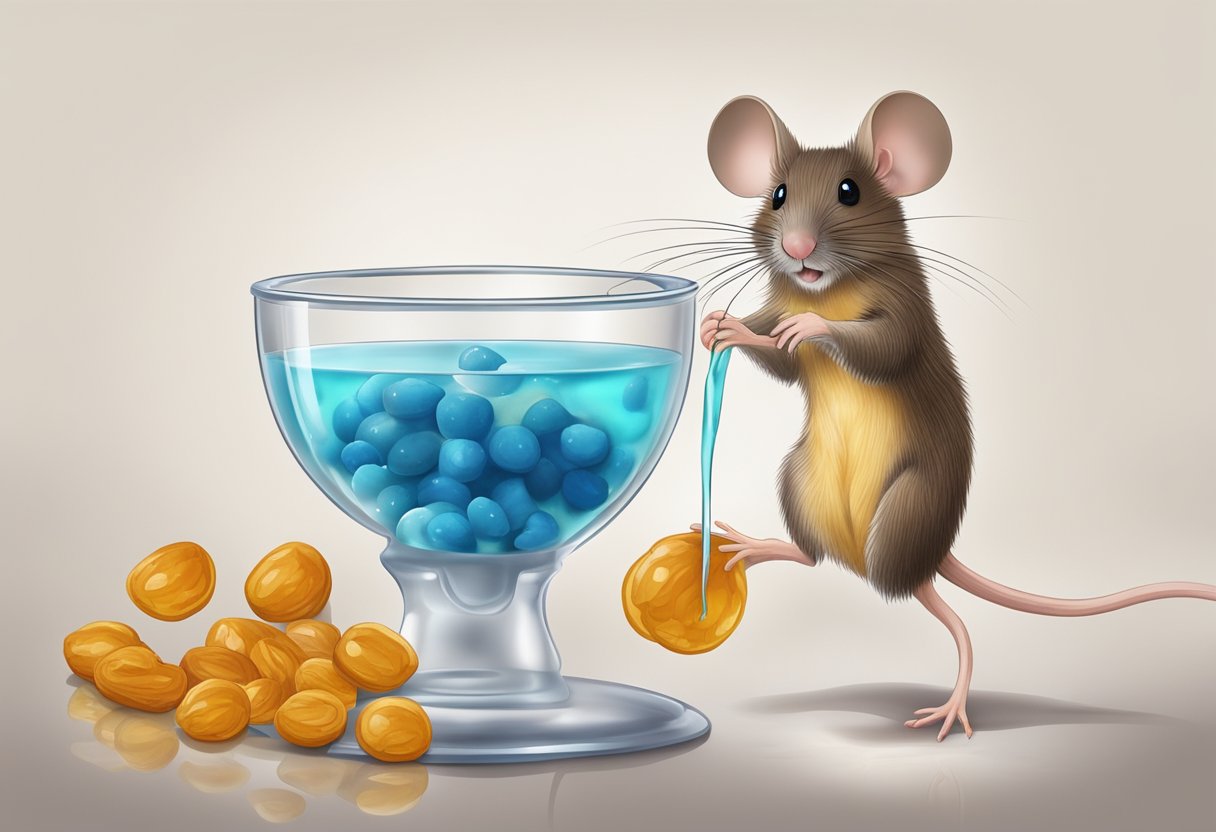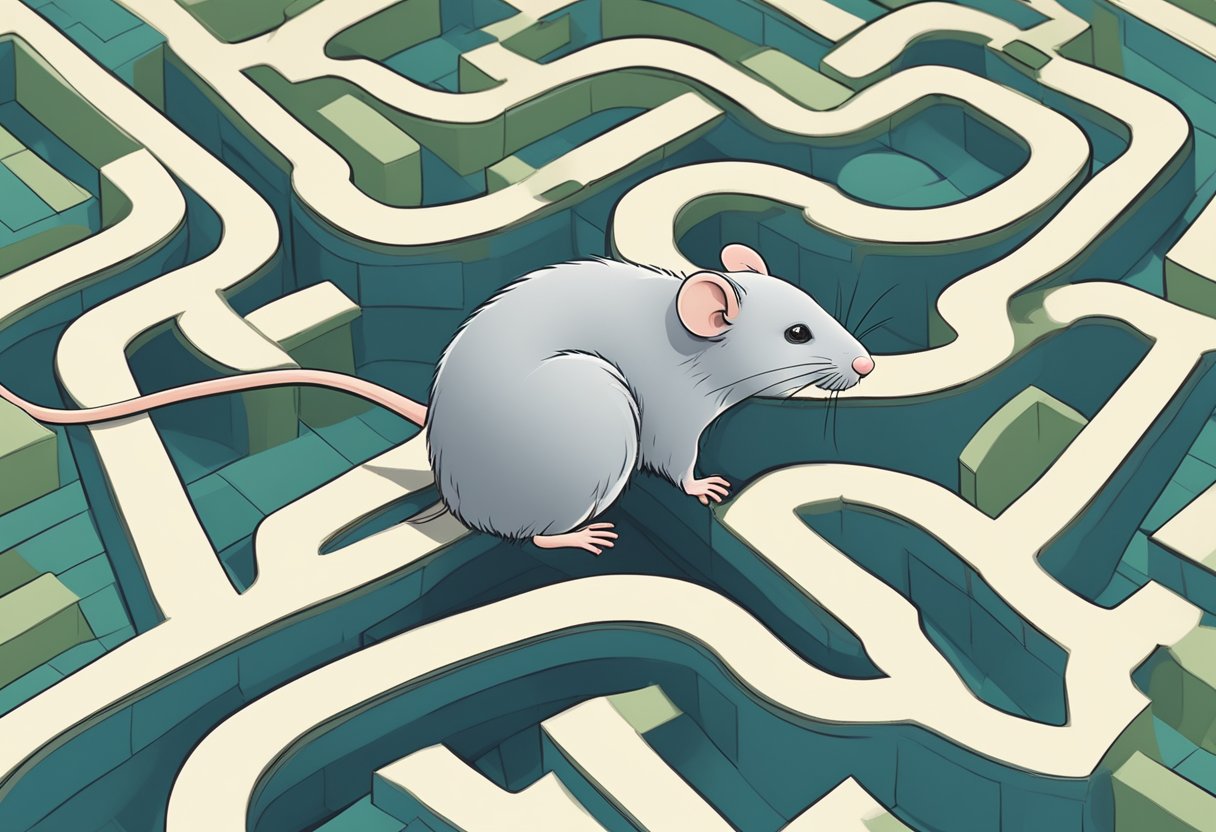Date Seeds Studies Show Anti-Genotoxic Effects In Mice

Date seeds from Phoenix dactylifera have recently caught researchers’ eye for their potential health benefits. One of the most intriguing findings is that feeding mice with aqueous extracts of date pits can exhibit anti-genotoxic effects. This intervention has shown a significant reduction in DNA damage induced by N-nitroso-N-methylurea, highlighting the protective capabilities of date seeds.
Studies have observed how date seed extracts increase the plasma antioxidant state in animal models, contributing to overall cell protection. By reducing levels of harmful substances like lipid peroxides, the extracts support the body’s natural defensive mechanisms against oxidative stress.
These findings suggest that date seeds could be an important addition to diet-based strategies aimed at combating genetic damage. This underscores the promising therapeutic potential of natural food products in enhancing health and preventing disease.
Key Takeaways
- Date seeds can reduce DNA damage caused by N-nitroso-N-methylurea.
- Date seed extracts increase antioxidant levels in plasma.
- Date seeds highlight the potential of natural foods in disease prevention.
Chemical and Nutritional Composition of Date Seeds
Date seeds contain an array of important nutrients and bioactive compounds, which contribute to their potential health benefits. These seeds are particularly rich in phenolic compounds and antioxidants, as well as proteins, dietary fibers, and essential minerals.
Major Constituents: Phenolics and Antioxidants
Date seeds are notable for their high phenolic content, which is linked to significant antioxidant activity. Phenolic compounds such as flavonoids, tannins, and phenolic acids play a crucial role in neutralizing free radicals, thus protecting cells from oxidative stress. Additionally, the presence of vitamin E and carotenoids further boosts the antioxidant capacity of date seeds, aiding in reducing inflammation and DNA damage.
Research has shown that date seeds possess remarkable amounts of antioxidant compounds, making them an effective functional food. Their phenolic profile includes notable quantities of polyphenols, which have been associated with positive health outcomes such as reduced risk of chronic diseases.
Proteins, Dietary Fibers, and Minerals
In terms of nutritional composition, date seeds provide a substantial amount of proteins, including essential amino acids like glutamic acid, phenylalanine, and leucine. These proteins support various bodily functions, including muscle repair and enzyme production.
Date seeds are also a good source of dietary fiber, containing between 6.4% and 11.5%, which supports digestive health and aids in maintaining stable blood sugar levels. Additionally, they contain important minerals such as calcium, iron, and selenium, which are vital for bone health, oxygen transport, and immune function.
The presence of these nutrients underscores the potential of date seeds as a valuable addition to a balanced diet. Their rich nutritional profile suggests that they could be harnessed to create various health-promoting food products.
Health Benefits and Pharmacological Effects
Date seeds are rich in bioactive compounds that exhibit significant health benefits. Research has highlighted their potential in anti-inflammatory and antimicrobial actions, protecting against cancer and other diseases and influencing metabolic conditions.
Anti-inflammatory and Antimicrobial Actions
Date seeds contain phenolic compounds that have strong anti-inflammatory properties. These compounds help reduce inflammation in various tissues. Studies have shown that date seeds can inhibit the growth of harmful bacteria, making them effective as a natural antimicrobial agent. The antioxidant properties of date seeds further enhance their ability to combat oxidative stress, which is linked to inflammation and infections.
Research has demonstrated that these properties may help protect against diseases like arthritis and bacterial infections. The high concentration of polyphenols in date seeds is particularly notable for its role in reducing inflammation and promoting health.
Protection Against Cancer and Other Diseases
Date seeds are rich in polyphenols and other bioactive compounds that have been studied for their anticancer properties. Experimental studies involving date pits have shown their potential to reduce DNA damage, which is a critical factor in cancer prevention. These seeds can scavenge harmful radicals that cause cellular damage.
The antigenotoxic effects of date seeds are significant in protecting against cancers such as colon cancer. Additionally, date seeds exhibit nephroprotective properties, offering protection to the kidneys and helping to prevent diseases related to renal function. These protective actions make date seeds a valuable dietary supplement.
Influence on Metabolic Conditions
Date seeds also play a role in managing metabolic conditions like diabetes and hypertension. The antidiabetic properties of date seeds help regulate blood sugar levels, making them beneficial for individuals with diabetes. Studies have found that the consumption of date seeds can improve insulin secretion and enhance glucose metabolism.
Furthermore, date seeds have been linked to lowering blood pressure due to their ability to reduce oxidative stress. By supporting overall metabolic health, date seeds contribute to the prevention and management of hypertension and associated cardiovascular conditions. These effects underline the potential of date seeds as a nutraceutical ingredient in promoting metabolic health.
Experimental Evidence and Methodologies
Experimental studies have provided valuable insights into the anti-genotoxic properties of date seeds. This section focuses specifically on the methods and results related to the anti-genotoxic activity and DNA repair mechanisms.

Studies on Anti-genotoxic Activity
In both animal and in vitro studies, the aqueous extract of date seeds has been extensively examined for its anti-genotoxic effects. Research has demonstrated that administering date seed extract to mice significantly reduced DNA damage caused by N-nitroso-N-methylurea.
One notable study involved feeding mice with aqueous extracts of date pits, observing notable reductions in markers of genetic damage. This aligns with findings from in vitro assays, where similar protective effects were observed against oxidative stress-induced DNA damage. These studies highlight the potential of date seed extract in safeguarding against genetic mutations.
The presence of high levels of phenolic compounds and antioxidants in date seeds likely contributes to these protective effects by neutralizing harmful free radicals and boosting the body’s natural defense mechanisms.
Assessment of DNA Repair and Genotoxic Agents
The methodologies used to assess DNA repair and the impact of genotoxic agents include a variety of assays and analytical techniques. In studies examining date seed extract, researchers often use the comet assay to measure DNA strand breaks in individual cells.
This assay is applied to both in vitro cell cultures and in vivo animal models treated with genotoxic agents such as N-nitroso-N-methylurea.
Additionally, the increase in antioxidant enzyme activity, such as superoxide dismutase and catalase, is measured to evaluate the extract’s efficacy. These enzymes play a crucial role in mitigating oxidative stress, further supporting the extract’s anti-genotoxic potential.
Proper processing and analysis of date seeds ensure that the bioactive compounds remain effective, facilitating accurate assessments of their benefits in DNA repair mechanisms. These careful methodologies underpin the credibility and reliability of the experimental findings.








